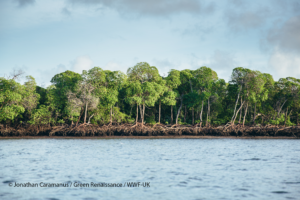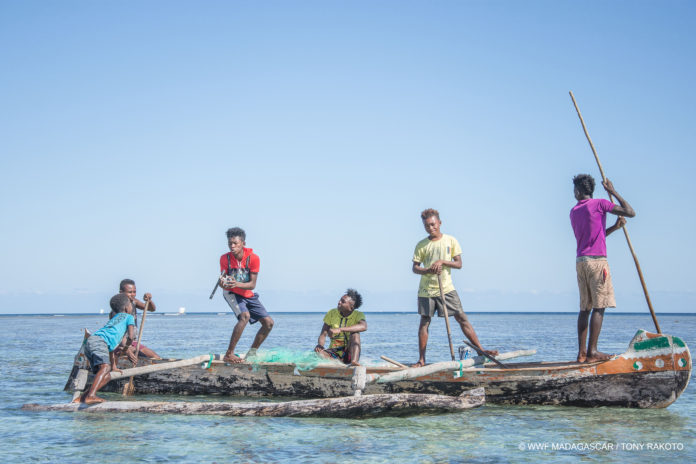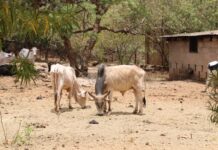|
Getting your Trinity Audio player ready...
|
By Winnie Kamau
Pundits say business, as usual, is not an option to secure the Ocean Health. The Blue Economy is expanding rapidly following a “business as usual” trajectory, one that neglects the impacts on marine ecosystems will be catastrophic for the Ocean, the Blue Economy, people, and the planet.
The Blue Economy concept should be focused on sustainability rather than simply being a blue growth agenda. This foundational approach cuts across all aspects: from sustainable fisheries to coastal communities, resilient habitats, plastic-free oceans, coral reef rescue, the nurseries initiative, and eliminating bycatch of critical marine species.
More urgency and emphasis on sustainable approaches to securing the Sustainable Blue Economy are needed.

Fredrick Kwame, Africa Regional Director of WWF notes “The ocean is fundamental to life on earth covering nearly three-quarters of our planet. It produces more than half the oxygen that we breathe. Yet our oceans are moving deeper into ecological crisis just at the moment when we need them more than ever.”
The ocean is seen as the last frontier for new business opportunities, with technology opening up access to remoter environments. Over the coming years, we are likely to see unprecedented development in maritime infrastructure, tourism, energy, biotechnology, transport, and food production. If managed effectively, we will reap the benefits, if we continue to erode our natural capital, we will not.
The finance and investment community can and must play a vital role to drive the necessary transition to a sustainable Blue Economy, one which reaps the benefits of a healthy ocean by restoring, protecting and maintaining diverse, productive and resilient marine ecosystems, and which provides social and economic benefits for current and future generations.
Investment capital, both public and private, will be central to restoring our ocean health.
Blue Economy investment and development must be aimed, from the outset, at the transition to a net-zero emissions world. Without this approach, there is very little chance that the Blue Economy will achieve its maximum potential for economic benefit and no chance that it will be sustainable.
 The Wide World Fund for Nature (WWF) has invested in communities and governments to take a precautionary approach to the immense economic opportunities.
The Wide World Fund for Nature (WWF) has invested in communities and governments to take a precautionary approach to the immense economic opportunities.
“Millions of people in Africa rely on coral reefs for nutrition, livelihoods, protection for storms, cultural sustenance and much else. At the very moment, human reliance on coral reefs is growing rapidly here in East Africa, while the decline of coral reefs is also accelerating and climate change is causing harm at a scale and pace that we are struggling to process. Business as usual as we know it is just not an option anymore.” notes Frederick Kwame, Regional Director WWF Africa
WWF has helped in putting a value to the Ocean assets this is in partnership with Boston Consulting Group (BCG), they have produced key reports including The Global Ocean Economy Report, which puts the value of Ocean assets at USD 24 trillion and generates at least USD 2.5 trillion each year. The Western Indian Ocean Economy Report shows the Ocean is estimated at USD333.8 billion, with an annual Gross Marine Product (GMP) at USD20.8 billion
WWF is working in collaboration with the Prince of Wales’s International Sustainability Unit, the European Commission and the European Investment Bank, on Sustainable Blue Economy Finance Principles.
Some of the principles developed by WWF include, voluntary sustainable Blue Economy Finance Principles to act as a framework for investment and development policy decisions.
These Sustainable Blue Economy principles by WWF are designed to support the Sustainable Development Goals (SDGs), in particular, Goal 14 to “Conserve and sustainably use the oceans, seas and marine resources for sustainable development”.














